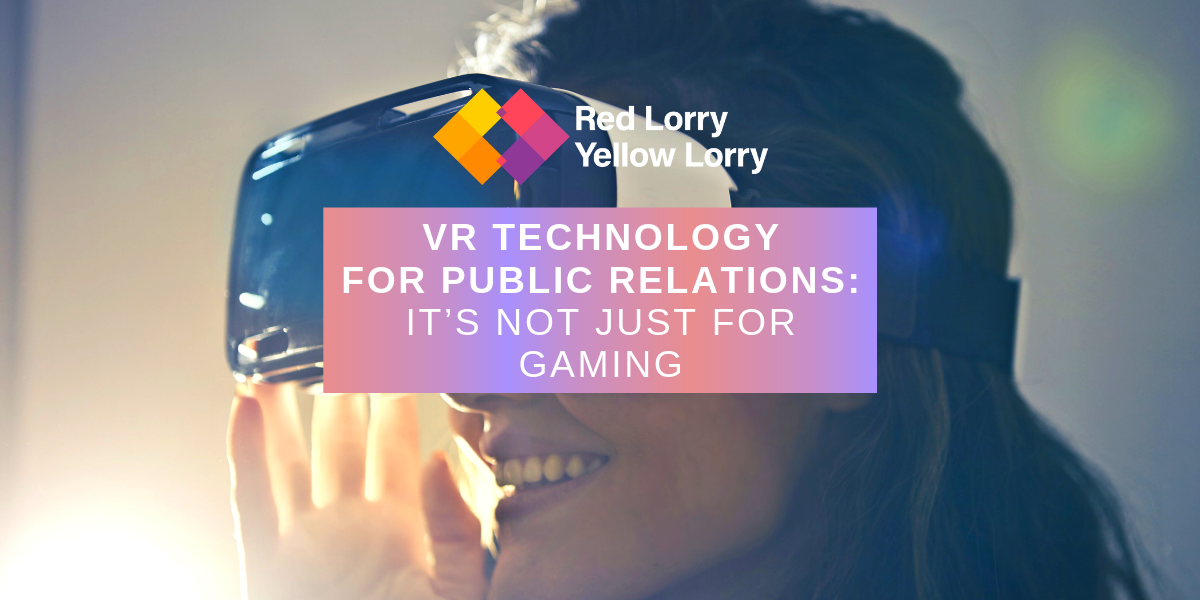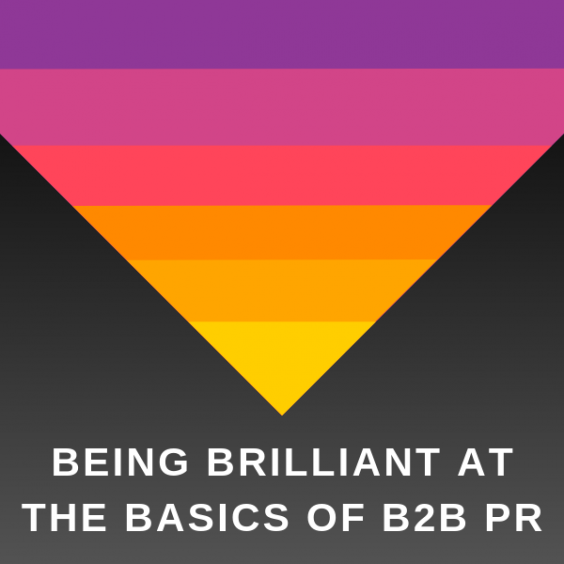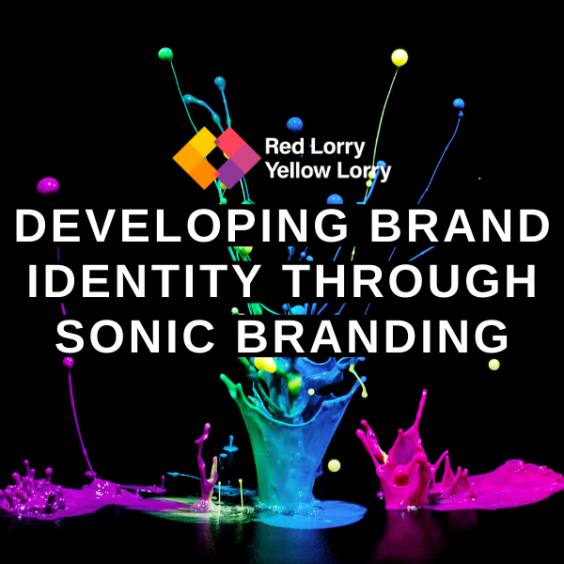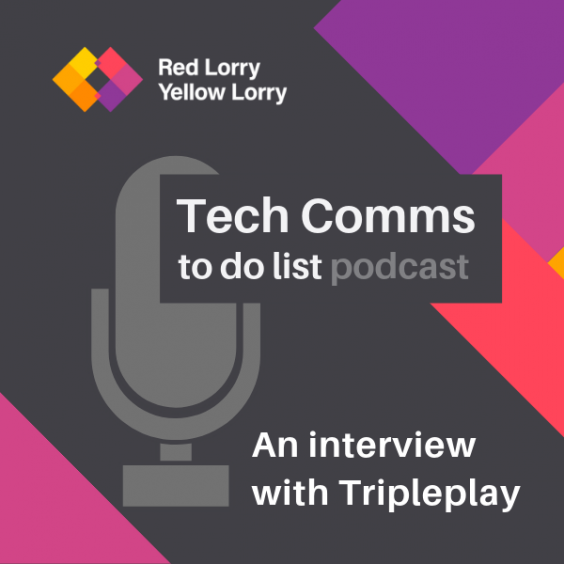Virtual Reality (VR) may seem like a modern innovation, but it has actually been toyed with since the late 1950s, starting with Morton Heilig’s 1957 Sensorama through to later innovations like Palmer Luckey’s Oculus prototype in 2010.
But, while VR experiments have been around for decades – and dreamed of for far longer – VR technology really only become mainstream in 2017. And it’s skyrocketed ever since. Last year, the augmented and virtual reality market reached $26.7 billion worldwide and is predicted to hit $814.7 billion by 2025.
Many companies across industries are now using VR technology to create deeper connections to their brands, campaigns and causes. They’re seeing it as an opportunity to introduce their customers to a simulated environment where their brand can come to life, which creates new associations on a sensory and even intimate, emotional level. And, studies have shown that brand intimacy and emotional brand connections reap rewards, even over customer satisfaction.
This kind of complete immersion in an alternate, 3D reality can be quite powerful. And we’re only going to see more and more brands start to harness that power through PR and marketing.
VR in action
From gaming to education, healthcare, retail, transportation and beyond, VR is making some big waves. And, while the investment may still be too large for most companies to undertake, the payoff is reaping rewards in both brand association and buzz.
- Healthcare – Alzheimer’s Research UK used VR to allow people to step into the shoes of someone living with dementia, creating a powerful connection for the cause.
- Automotive – virtual test drives are helping companies like Audi and Volvo give customers a chance to sit behind the wheel of their next potential vehicle.
- Travel – 360-degree views of destinations and virtual tours are helping drive ticket sales for vacation planners who want to be able to really see what a place will be like before booking their trip.
- Furniture and home improvement – with the likes of Loews and Wayfair allowing shoppers to see how an armchair or paint color would look in their own home, they’re helping consumers visualize an item before actually having to make a purchase.
- Food and beverage – whiskey and tequila brands are getting into the VR spirit with Diego and Patron offering experiences for consumers. Even Oreo got in on the act with a virtual tour of its cookie flavor vault.
- Real estate – Redfin now offers 3D walk-throughs of homes, which can help accelerate the home buying process – especially for the 20% of homebuyers who already buy a home without ever seeing it in person.
- Retail – With 3D modelling and immersive shopping platforms from Shopify and in-action simulation from Merrell, more and more retail brands are using VR to show buyers what products are really like.
What about for b2b?
While most of the examples to date have been centered around consumer products, business-to-business brands have their own opportunities.
Whether it’s scenario-based (to immerse people in a situation that will highlight the need for a product) or use-based (to give people a ‘hands on’ experience with the product itself) there are ample ways for b2b businesses to jump into the VR game.
However, given the cost and adoption limitations, the best applications for b2b VR experiences right now are based around three primary use cases:
- Tradeshows – Showcasing a VR experience at a tradeshow booth is one of the most cost-effective ways to bring the technology to a large group of people in one go, not to mention the draw it will bring to your booth with attendees wanting to try the experience for themselves. If not a first-hand experience though, perhaps a second hand experience will do, as companies can also showcase VR technology on stage at events. If you’re able to snag a keynote or conference speaking slot, letting people watch someone else immerse themselves in a VR experience – while also seeing what they’re seeing up on a screen – can often be just as impressive, especially at this early stage in VR’s development.
- Press events – Telling a journalist about your business is one thing, or even showing them with a demo. But, allowing them to experience what you are bringing to market is another. On briefings or at press events, a journalist’s resulting article is often left up to their interpretation of what you tell them. But, imagine being able to really show media how your product or service comes to life, and the resulting first-hand experience that will be fed into their write ups. Journalists already create meaningful connections with their readers and if you can build a similarly meaningful connection for the journalist with your company, it will have a ripple effect to their audience and your buyers.
- Case studies – PR and marketing pros have already seen the value of moving from written case studies to videos, where prospects and other target audiences can hear first hand about a customer’s experience instead of just reading about it. But, imagine being able to actually experience that customer’s use case instead. This will bring a new element to case studies, with virtual walk-throughs of the customer’s business before and after a solution was implemented, or even during a critical time when it was used to great effect. This VR element to case studies and customer testimonials may foster a new level of recognition for the value of different solutions.
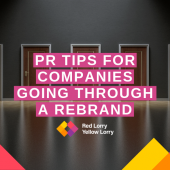
Suggested Post
PR tips for companies going through a rebrand
What do BackRub and Jerry’s Guide to the World Wide Web have in common? They’re both former names of two of the biggest...
Read MoreThe potential isn’t simulated
Although we may be a long way from everyone having a VR headset or two lying around at home, the potential for VR to impact business and consumer relationships is very real, and already taking hold!
Fellow lorry and VRFocus contributor Joel Khalili says:
Virtual reality is still very much in its nascent stages, and is yet to cement its position in society. We’re still not yet sure of the extent of its capabilities, and whether it finds its permanent home in entertainment or in enterprise is anyone’s guess. What’s certain, though, is VR’s potential to add an extra dimension to both spheres.
The power of the technology to engage the senses, and thereby also the attention, means its potential as a marketing tool is considerable. VR is currently a relatively untapped resource for marketers, and it’s likely we’ll see both b2b and b2c brands utilizing the technology’s ability to arrest attention. After all, interactivity has always been the holy grail when it comes to engraving an experience or message into the mind.
It will be fascinating to watch on as the technology grows and defines itself, which will be a long and iterative process. PR is one of a multitude of industries set to be disrupted. Who knows, perhaps we’re not far off the release of the world’s first VR-only, multimedia publication, and a future in which ‘VR coverage’ becomes the most important KPI for every client.
Where do you see the most potential with VR technology in marketing?
If you’d like to find out more about how we can help with your marketing and PR efforts, drop us a line at hello@rlyl.com or visit our contact page.
Sign up to receive our newsletter
